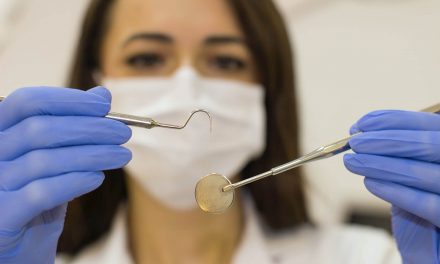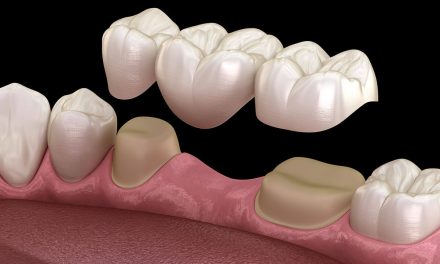Dental implants replace missing teeth in the jaw. The implants are screwed into the bone like small screws and through the process of osseointegration becomes firmly lodged in the bone. For the implant to be properly anchored in the jaw, the jawbone must be stable. But what if the jawbone is compromised due to bone loss? At Next Smile we will briefly explain some of the basics here.
We generally recommend that you seek advice from an expert in dental implants. We can assure you that modern dentistry has a solution for almost every situation.
Dental implants are inserted into the jawbone and firmly bond with it. If the jawbone has shrunk due to bone loss, viable bone for the proper ‘implant bed’ may be lacking. However, bone-building measures can help here.
Why does the jawbone shrink?
Like almost all other body tissue, bones are subject to a constant remodelling process, a process that is referred to as bone remodelling. Two types of body cells are particularly involved in this. Osteoblasts aid in bone formation and osteoclasts are involved in bone breakdown.
Excessive bone loss in the jaw has two main causes:
- The first is periodontitis. This is caused by harmful bacteria accumulating in the gum pockets and causing inflammatory changes in the tooth support system. If this is not treated the bacteria can reach and attack the jawbone which causes progressive bone loss in the jaw.
- Missing teeth. Like a muscle, the jawbone can also recede if it is not used or exercised. If teeth are missing from the jaw for a long time, the chewing pressure that is transmitted through the teeth into the jawbone is also missing. Therefore, the bone is not stressed and ‘exercised’ and starts receding.
How is the preparation of the jawbone structure for dental implants carried out?
Dental bridges and dentures have been used to replace missing teeth for many decades, so it is a proven solution. Highly skilled dentists and dental technicians can create long-term stable and functional dentures. The treatment generally is quite short. As a rule, the effort and costs for a dental bridge or dental prosthesis are less than for dental implants. However, dental prostheses can lose their fit for a variety of reasons, for example bone loss in the patient’s jaw. Ill-fitting dentures can cause pain from rubbing on the gums. Eating and speaking can also be negatively affected.
Many patients also find dentures uncomfortable. Dental bridges are more comfortable and fit firmly in the patient’s mouth. However, they have one major disadvantage – the two neighbouring teeth that will serve as anchors or pillars, have to be ground down. This means removing completely healthy tooth material. This flies in the face of modern dentistry because dentists always try to preserve the substance of healthy teeth.
Advantages and disadvantages of dental implants
If there is not sufficient robust bone in the jaw to anchor dental implants, bone-building measures, called bone augmentation, are needed. This takes place under local or general anaesthesia. During the augmentation, the specialized dentist, who is an expert in dental implants, prepares the bone so that the implants can find a strong base.
For this a biological or a synthetic bone substitute material is used, and the body’s own remodelling process creates new, stable bone that serves as a viable base for the implant. In the case of large defects, bone block grafts are an option. For this purpose, a bone block is harvested from the patient’s hip region, or created by a 3-D printer. This bone graft is applied to the defect and fastened in place with small screws.
Other bone-building measures include bone spreading, also known as jaw ridge spreading, and bone splitting, or jaw ridge splitting. The resulting bone cavities are filled with bone substitute material. The result is sufficient viable bone volume, both horizontally and vertically, to accommodate the implants. In the upper jaw, a process called a sinus lift, which is a thickening of the maxillary sinus, is a proven bone-building measure.
We always recommend that you consult a specialized dentist or implant expert if you are considering having dental implants done.





